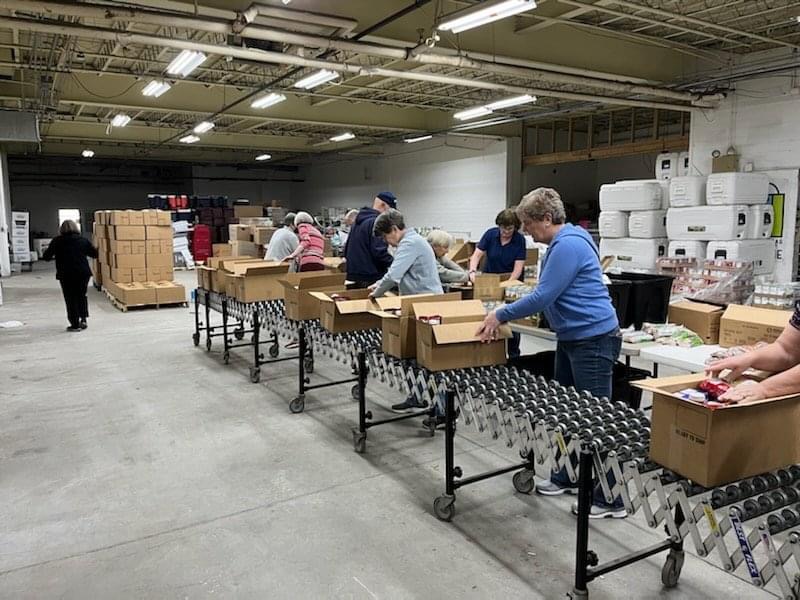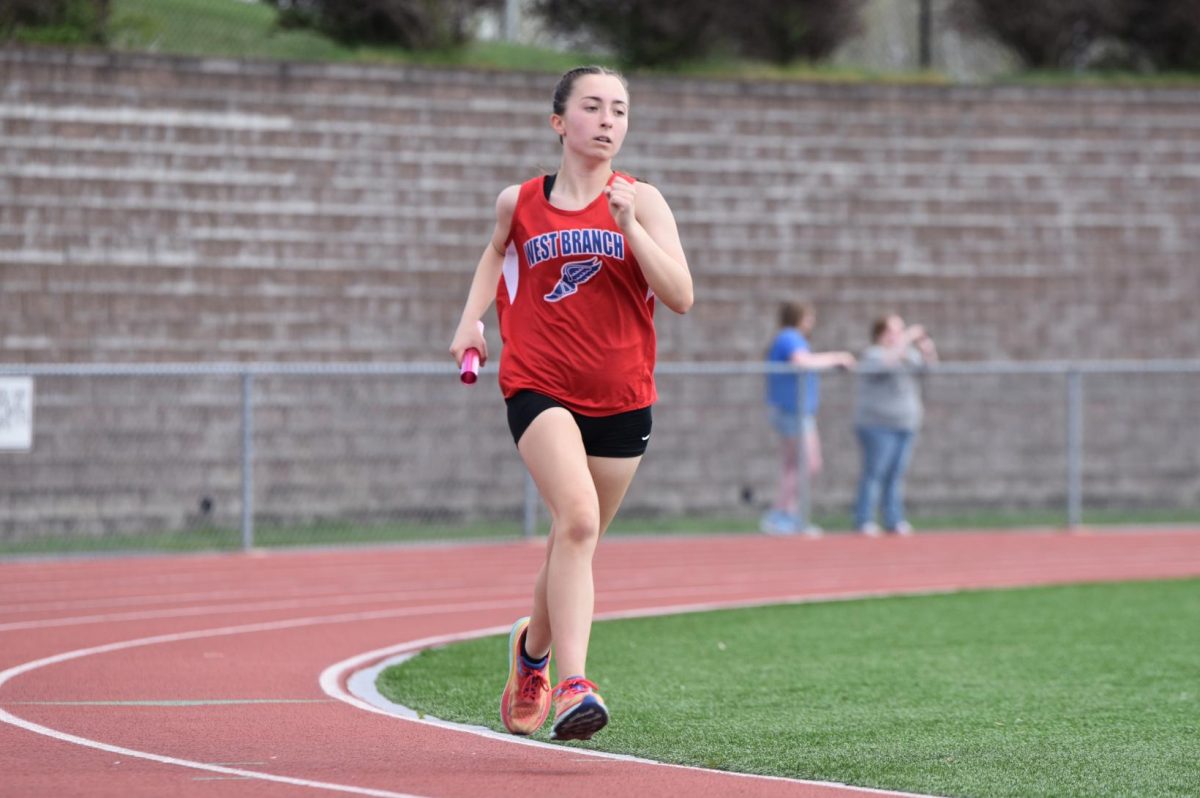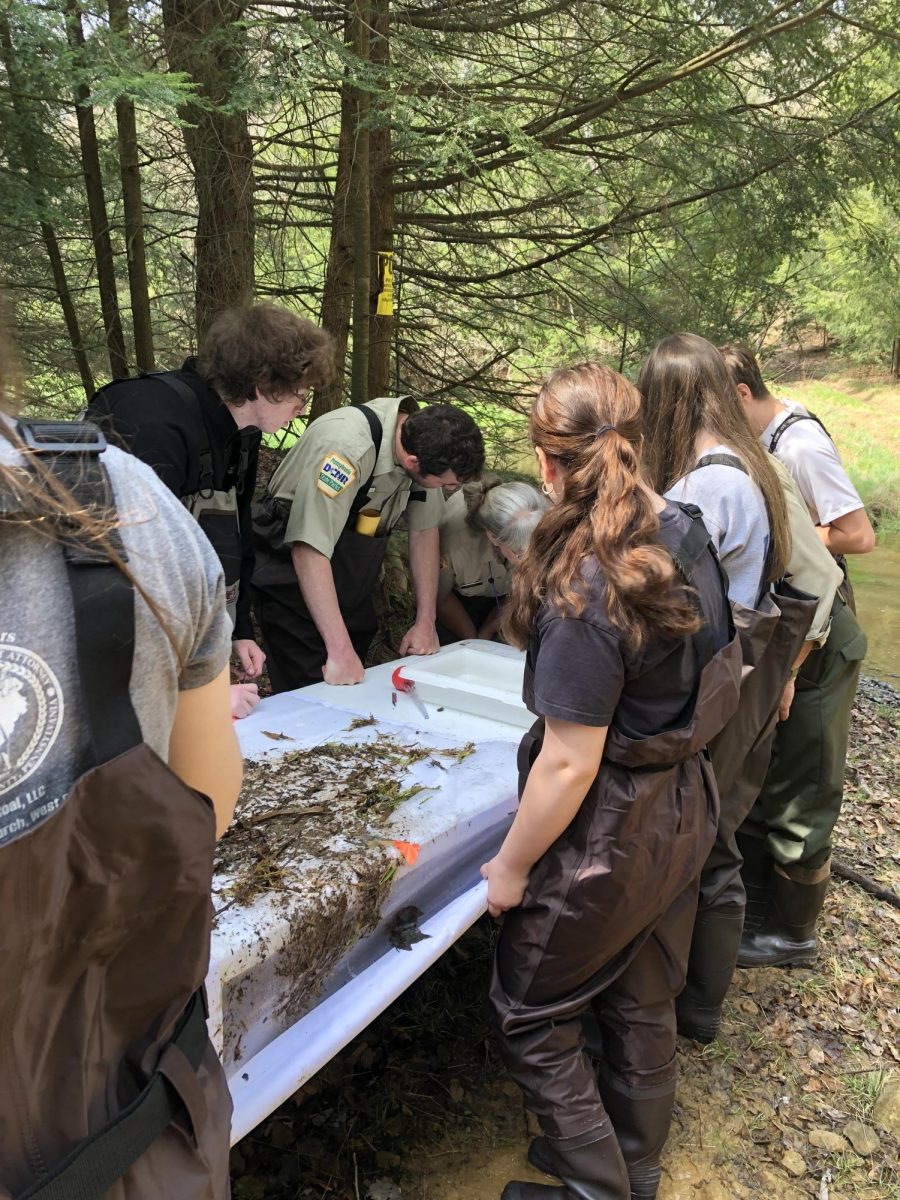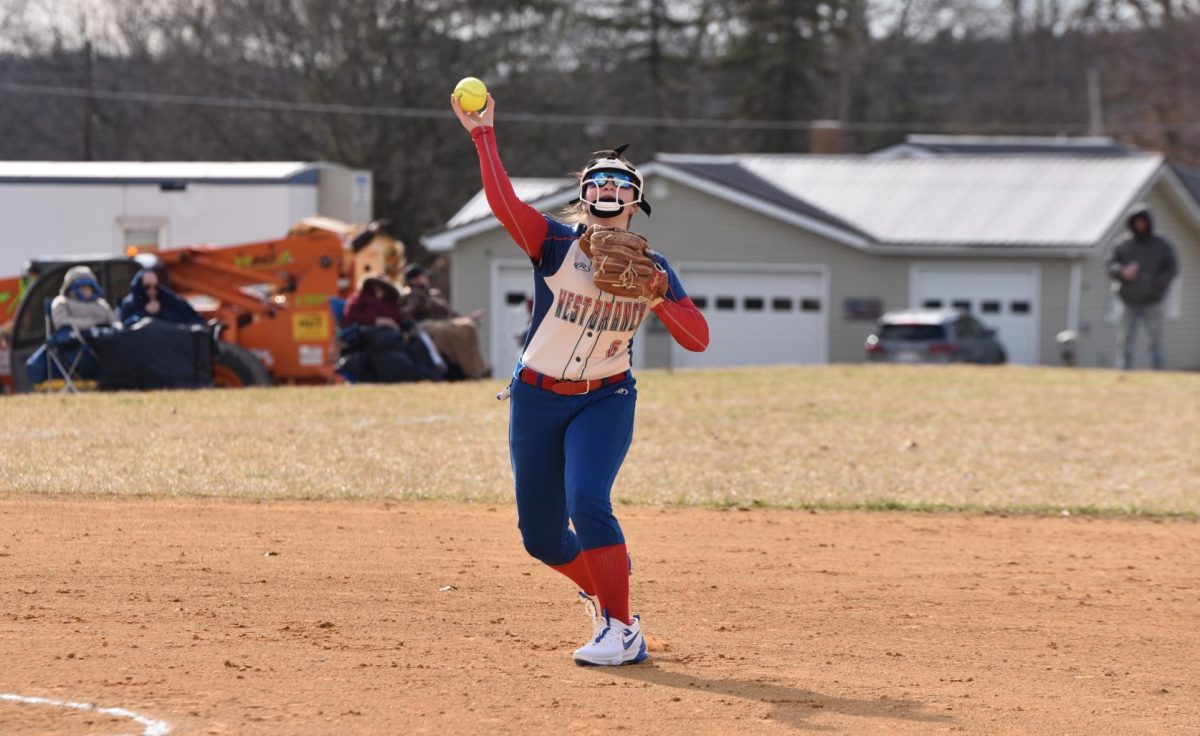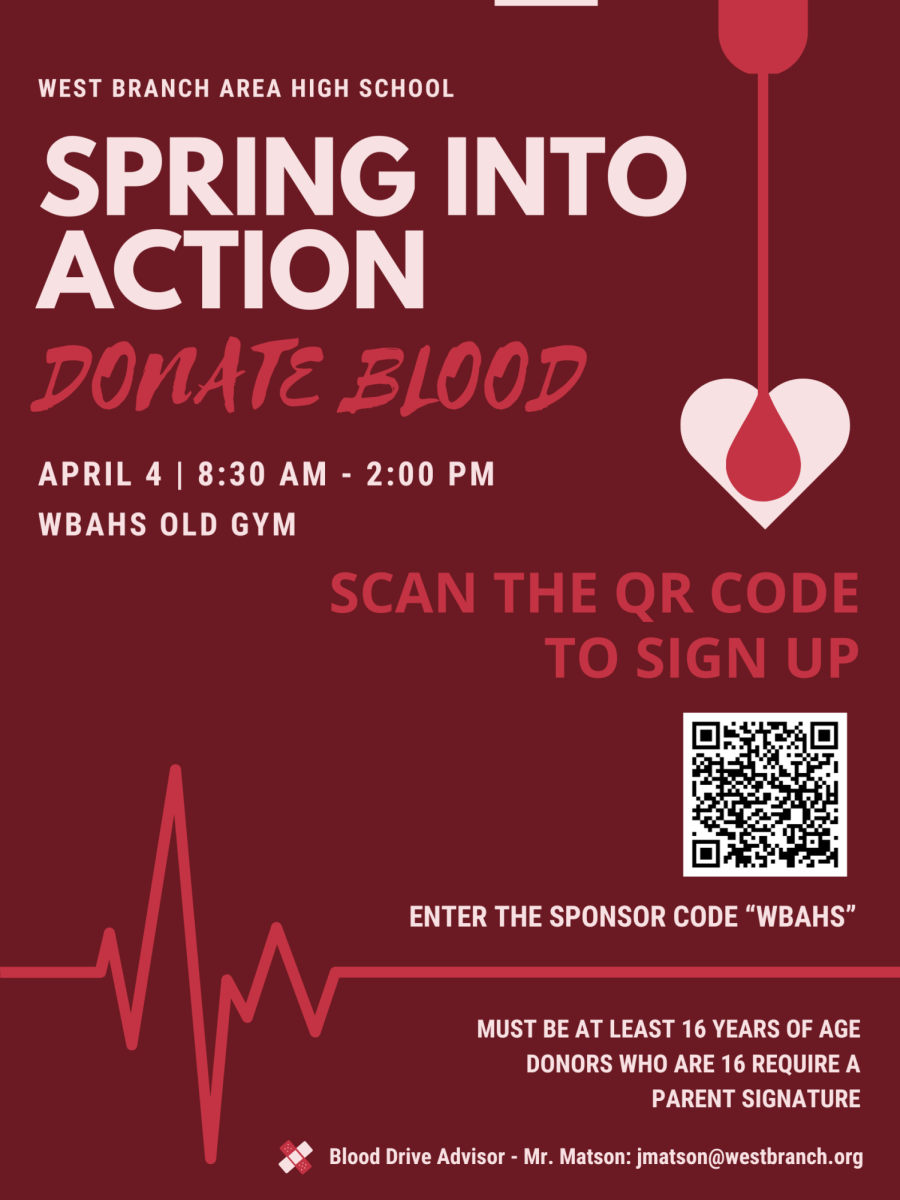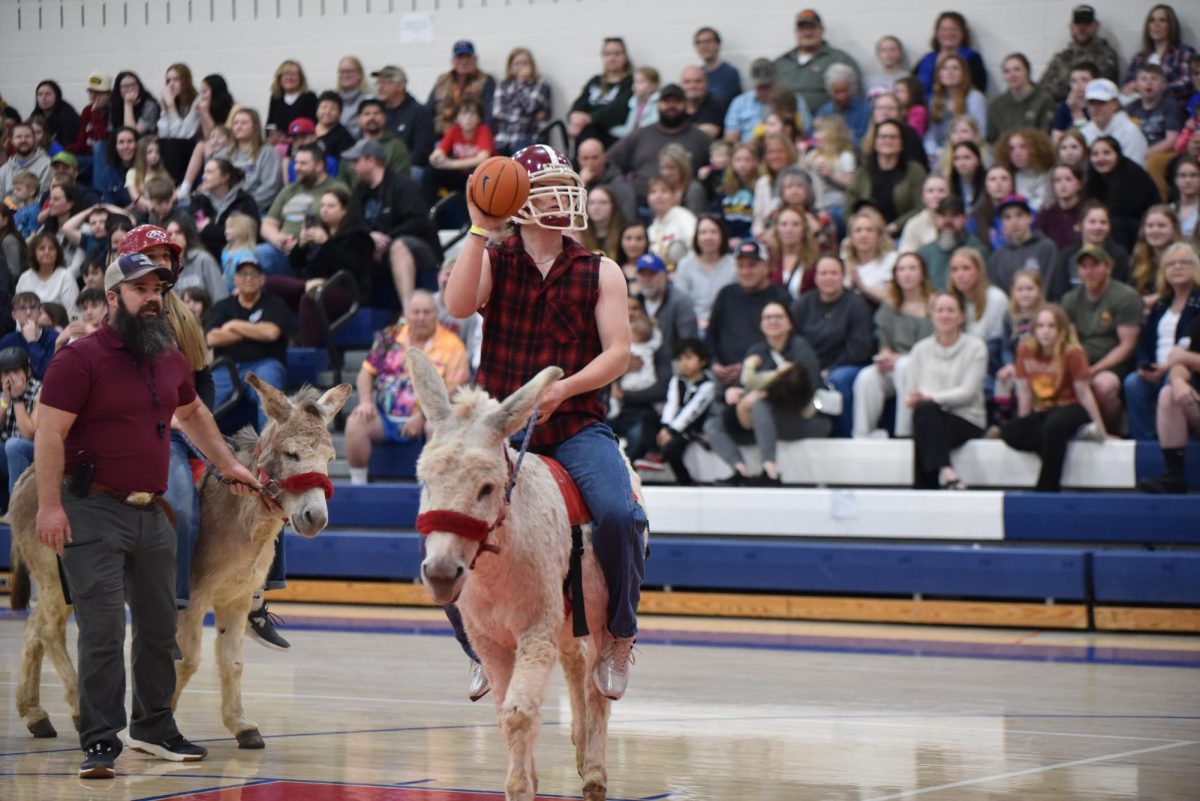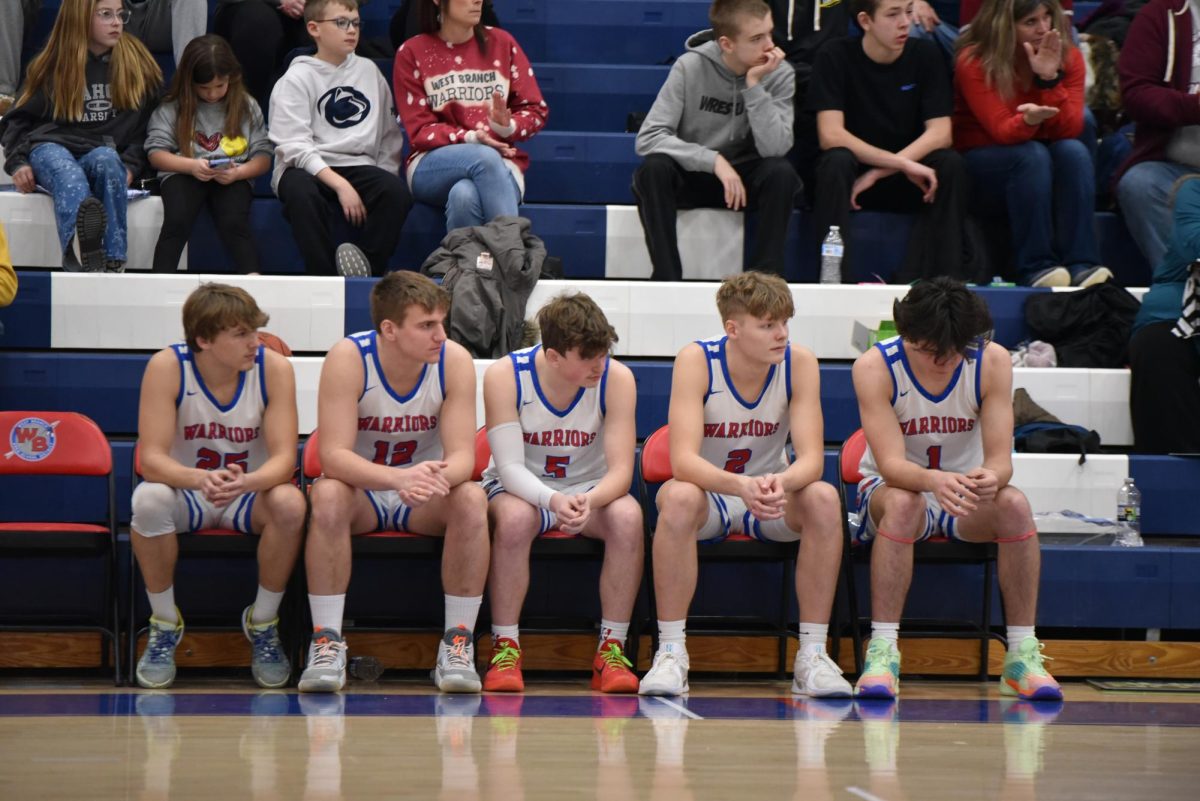Since 2004, the Moshannon Valley YMCA has been fighting to end hunger in schools and the community. The YMCA developed free summer lunch, backpack, and box programs. Without the help of staff and over 300 volunteers, none of these programs would be possible.
The free summer lunch program offers meals to school-aged kids over the summer when school is not in session. Students can head to the school at the scheduled time and pick up lunch at no cost. The backpack program provides quick and easy meals and snacks to make over the weekend. Children receive the backpacks before the end of the school day on Fridays. The box program offers packages of dry goods, produce, and sometimes dairy products. The Anti-Hunger Program relies tremendously on donations and food drives.
Community members can receive the boxes every other Saturday at 141 Enterprise Drive, the old Moshannon Valley Super Bowl. Due to the YMCA using USDA foods, some pick-up locations require families to meet guidelines before receiving meals. Mel Curtis, the Executive Director of the Moshannon Valley YMCA, provided this information. Since the start of the Anti-Hunger program, he also took on the role of directing it. In Mel’s words, “The Anti-Hunger Program is all about helping children and families that are facing food insecurity.”
As the community continues facing hard times, we should all thank the YMCA staff and volunteers for continuing to help fight hunger. Warrior Watch gives a special thanks to Mel Curtis for not only directing the Anti-Hunger program but for caring so much about the community. Mel Curtis stated, “A person that is going through tight financial times doesn’t mean they are poor or living in poverty, it is simply a time when they are facing concerns they haven’t faced in the past.” His efforts and meaningful words show his compassion and understanding of food insecurity in our community.



